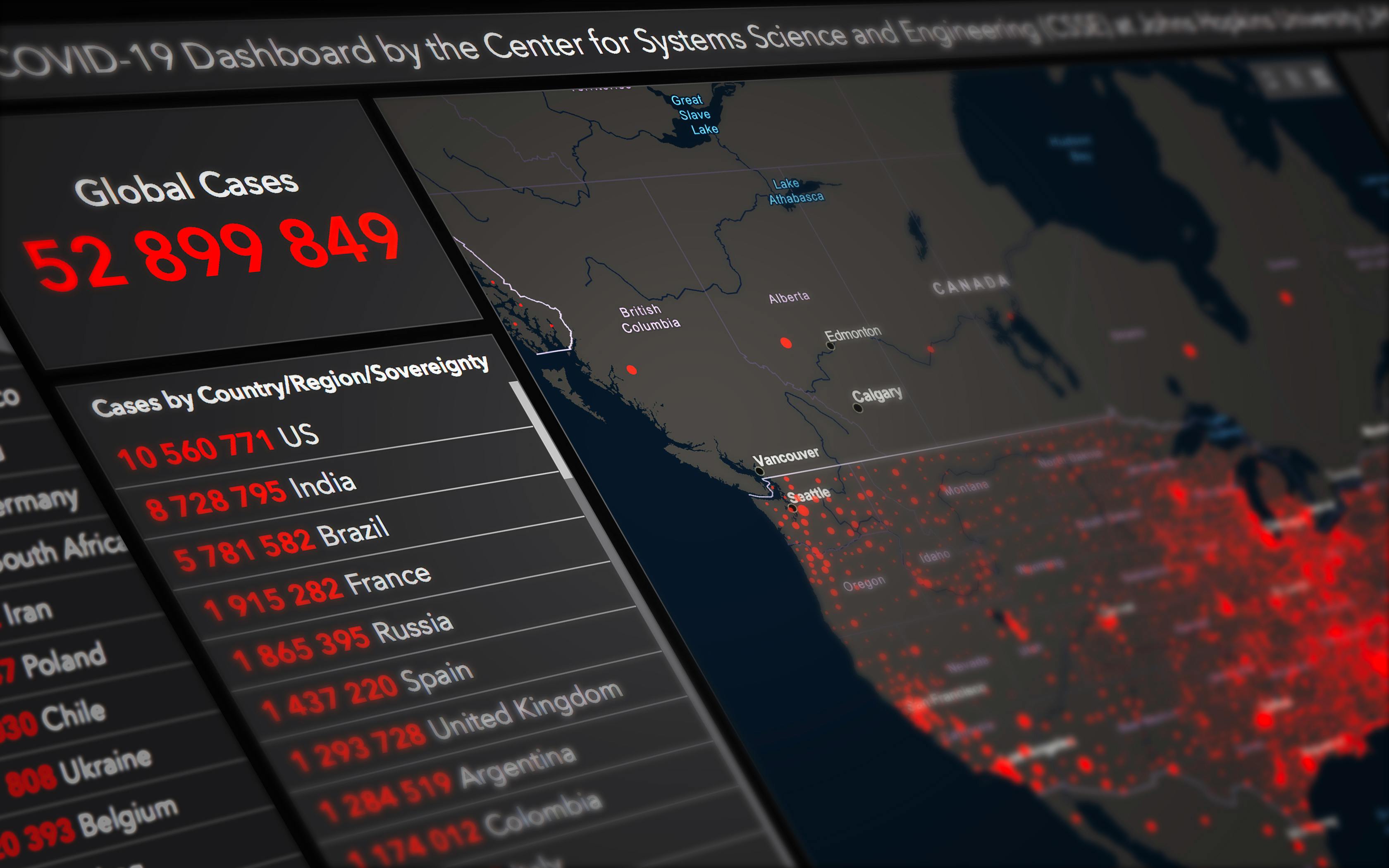There are three items that will allow you to burn anything at any time. Mastering them gives you a high level of understanding, so I call them the Pyrography PhD. These three controls can be used to troubleshoot any issues and address any challenges you may have while recording.
These three elements are important because they control the quality of your line based on the pyrography process itself, which is different from other art media.
And in this article I am going to explain what they are, how they work and when you can use them. They form the Ph.D acronym for Pressure, Heat, and Duration. Therefore, knowing and understanding how to use them enables you to have an advanced ability to solve problems intelligently and tackle challenges efficiently.
P is for pressure
The first element is pressure. Applying more pressure will give you a darker burn. This also allows you to engrave into the surface of the wood, creating texture. Reducing the pressure will result in a lighter burn mark.
The pressure allows you to set your burns immediately without wasting time turning the heat up or down.
When it comes to design, pressure can create interesting textures and subtleties in your artwork that are impossible with other two-dimensional media.
its for the heat
It may seem obvious that more heat will result in a darker burn and less heat in a lighter burn, but it bears repeating. Adjusting your heat based on what you’re working on can help you maintain a comfortable pace just as we discussed in the previous lesson.
Remembering that your comfort is directly related to the amount of control you have while burning gives you the ability to understand when to use this element over others for troubleshooting and correction.
If you have a critical area in your design, one that requires precision, turning the heat down gives you time to position your pen correctly and make adjustments if there are any issues. I use it a lot when working on the eyes, as I know that any deviation will drastically change the artwork.
D is for duration
Its duration or speed is perhaps the simplest adjustment you can make to your recording. Because it’s the heat that does the work, the longer the feather sits on the wood, the darker the burn.
This is the main principle of shading. Slowing down in darker areas and speeding up in lighter areas helps you maintain a smooth, steady pace without having to wait for the tool to warm up or cool down.
This is also a great item to adjust when working with grain or soft/tough areas of the surface. Hitting a soft spot can cause extremely dark burns, so if you notice this, just speed up your movement when you hit that section. The same applies to hard/resilient areas, just slow down to allow your tool to do its job properly. This will create a consistent look to your burn.
Also, burning in wood on a bias, especially when making animal fur or feathers, can become challenging when burning parallel with the grain. Your bias blade will tend to sink into the grain and produce a darker burn. Using a faster speed will keep your burns constant, even if you sink.
Congratulations! You already have your PhD in Pyrography! And like any PhD, it’s time to put this knowledge to use.
Find a simple pattern and play around with each element so you can experience the differences. Sometimes you may need to use one or all of these together to successfully record what you want.
Understanding these three elements allows you to approach your job from a place of confidence because you understand the physics of what is happening and how to control it. These items may not necessarily make your job easier or faster, but they will allow you to make the decisions necessary to successfully engrave on any surface.
